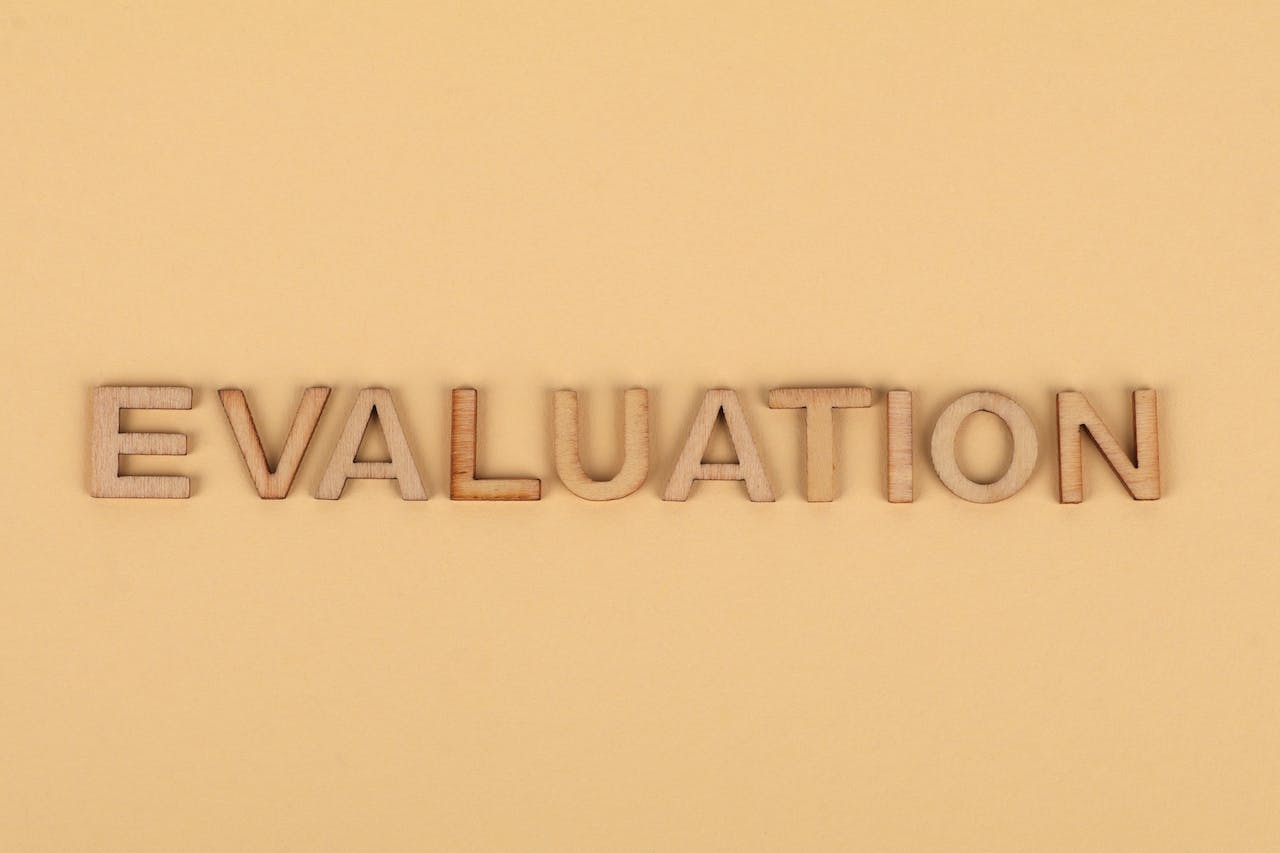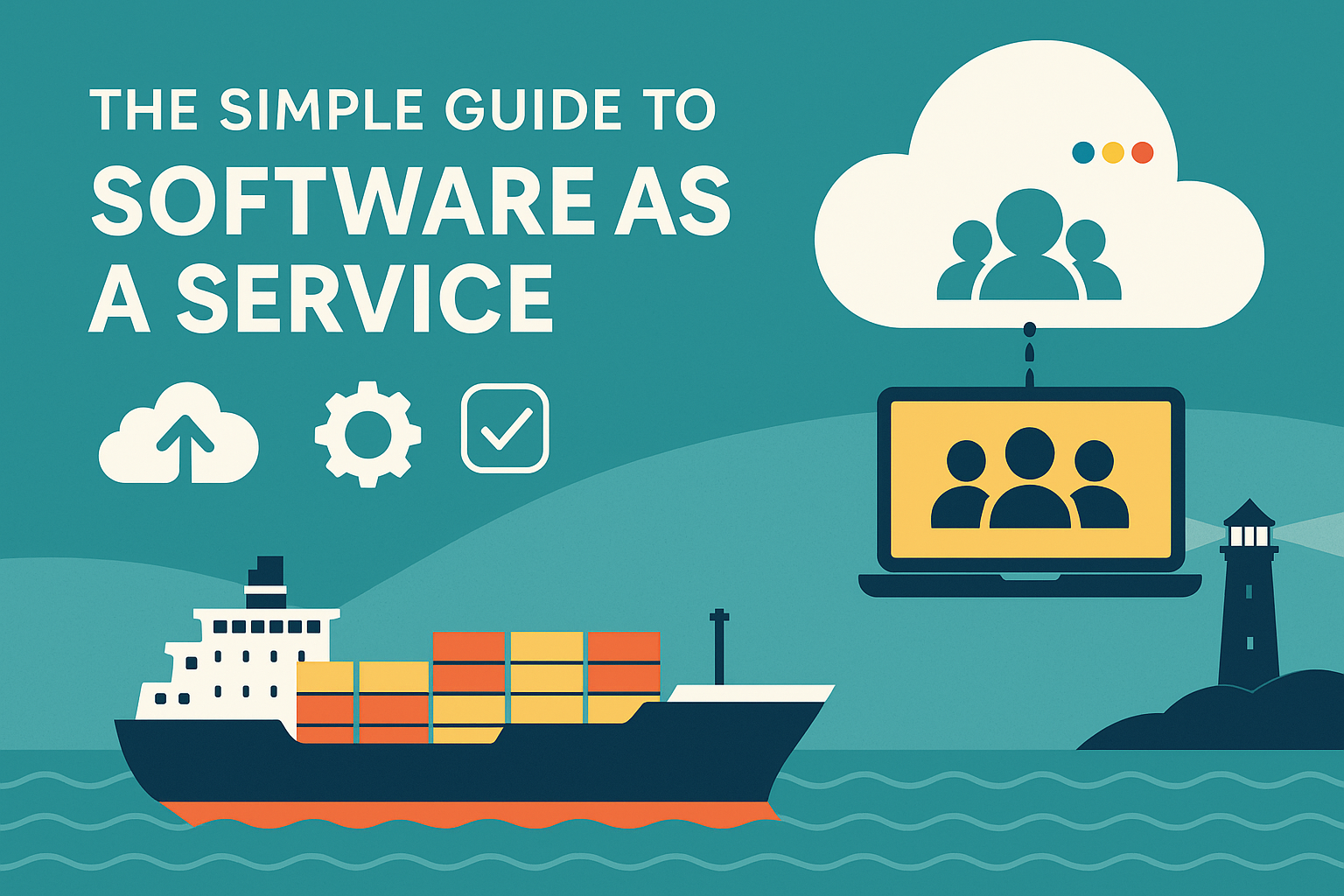Easier Maritime Recruitment with Candidate Evaluation Forms
Mar 11, 2025 · 8 mins read ·
Maritime Recruitment
Hiring the right seafarers can be challenging. With so many applicants, it’s easy to lose track of who has the right skills, experience, and certifications. That’s why using a candidate evaluation form is a smart way to organize and compare applicants fairly.
A candidate evaluation form is a simple but effective tool that helps recruiters, shipowners, and crew managers assess candidates consistently. It makes hiring faster, easier, and more structured.
In this guide, we’ll explain what a candidate evaluation form should include, why it’s important, and how Martide's crewing system can help streamline the process.

The Challenges of Maritime Recruitment
Maritime recruitment is unique compared to other industries. Shipowners and crew managers often face several challenges when hiring seafarers, including:
- High demand for skilled crew – The maritime industry constantly needs qualified professionals, making competition fierce.
- Global hiring requirements – Recruiting from different countries means dealing with varying qualifications and regulations.
- Strict compliance standards – Seafarers must meet international safety and certification requirements, such as STCW.
- Crew change deadlines – Hiring needs to be quick and efficient to ensure seamless crew rotations.
With these challenges in mind, using structured evaluation methods like candidate evaluation forms becomes essential to improving recruitment efficiency.
What is a candidate evaluation form?
A candidate evaluation form is a document that helps recruiters assess and compare job applicants in a structured way. Instead of relying on memory or scattered notes, recruiters can use a standardized form to rate skills, qualifications, and interview performance.

For maritime recruitment, this is especially useful because it ensures that all candidates are assessed using the same criteria. It also helps shipowners and crew managers make hiring decisions faster and more accurately.
What Should a Candidate Evaluation Form Include?
To make hiring easier, a candidate evaluation form should include the following sections:
1. Basic Candidate Information
- Full Name
- Position Applied For (e.g., Chief Engineer, Able Seaman, Oiler, etc.)
- Date of Interview
- Name of Interviewer(s)
2. Seafarer Certifications and Qualifications
Seafarers need specific certifications to work on ships. Your form should list key documents such as:
- STCW Certification (Standards of Training, Certification, and Watchkeeping for Seafarers)
- Medical Certificate (ENG1 or equivalent)
- Seaman’s Book
- Flag State Endorsements
- Additional job-specific certificates (e.g., Oil Tanker Training, High Voltage Training, etc.)
3. Work Experience and Technical Skills
This section helps assess how much relevant experience a candidate has. Recruiters should rate:
- Number of years at sea
- Types of vessels worked on (e.g., container ships, bulk carriers, tankers)
- Familiarity with onboard equipment and systems
- Watchkeeping experience
- Emergency response training

4. Soft Skills and Teamwork
Seafarers work in close teams, so their people skills matter. Recruiters should evaluate:
- Communication and English proficiency
- Ability to work in multicultural teams
- Leadership skills (for senior ranks)
- Conflict resolution and teamwork
- Adaptability to life at sea
5. Problem-Solving and Decision-Making
Seafarers often work in high-pressure situations. This section evaluates their ability to:
- Make quick and sound decisions
- Solve technical and operational problems
- Handle emergencies and unexpected situations
6. Interview Performance
This section should allow recruiters to rate the candidate’s responses and make notes. Key areas to assess include:
- Clarity and confidence when answering questions
- Ability to solve problems
- Professionalism and attitude
7. Final Recommendation
At the end of the form, recruiters should summarize their findings and recommend whether to hire the candidate:
- Highly Recommended – Ideal for the role
- Recommended – Suitable but may need training
- Not Recommended – Doesn’t meet requirements
Recruiters can also use a simple rating scale (e.g., 1 to 5) to compare candidates quickly. This helps recruiters to be confident that they have found the best person for the job through a fair and consistent process.

Common Mistakes in Candidate Evaluation
Even with structured evaluation forms, mistakes can happen. Some common errors to avoid include:
- Focusing too much on technical skills – While certifications are important, teamwork and leadership are equally crucial.
- Unstructured interviews – Not following a standardized format can make candidate comparisons difficult.
- Ignoring cultural fit – Seafarers work in diverse teams, so compatibility matters.
- Failing to document properly – Detailed notes and scores ensure consistency and transparency in hiring decisions.
How Candidate Evaluation Forms Improve Maritime Recruitment
Using structured evaluation forms has many benefits, especially in the fast-paced world of crew management. Here’s why you should use them:
1. Fair and Consistent Hiring
Every candidate is judged by the same standards, making the hiring process fair and transparent.
2. Faster Hiring Decisions
Instead of sorting through messy notes, recruiters can compare candidates easily using clear ratings and comments.
3. Better Record-Keeping
Recruiters can store evaluation forms for future reference. If a candidate isn’t hired now, their information is still available for future openings.
4. Seamless Integration with Hiring Software
If your company uses an applicant tracking system (ATS) like Martide, you can store and manage evaluation forms digitally for easy access.
5. Improved Crew Planning
If a candidate isn’t the right fit today, their evaluation form helps determine if they might be suited for another role later.

How Martide Helps with Candidate Evaluation
Martide is a maritime recruitment platform designed to make hiring easier for shipowners, crew managers, and manning agents. Our Forms feature allows users to create and store customized candidate evaluation forms in one place.
Martide’s Forms Feature Includes:
- Customizable Forms – Adjust forms for different ranks and roles.
- Multiple Question Formats – Use multiple-choice, checkboxes, rating scales, and text fields.
- Digital Storage – Keep all evaluations in one system for easy access.
- Automated Workflows – Save time by integrating forms into your hiring process.
- Real-Time Collaboration – Allow multiple recruiters to view and update forms together.
Conclusion
A candidate evaluation form is a simple but powerful tool that makes maritime recruitment more structured, fair, and efficient. It helps recruiters quickly assess qualifications, skills, and experience, making hiring decisions easier.
Martide’s Forms feature takes this a step further by providing a digital solution for candidate evaluations. Whether you’re managing a fleet or looking for top seafarers, our platform helps you hire smarter and faster.
Whilst the forms feature is a great tool, it is just one of the many customizable solutions Martide has to help you to streamline your maritime recruitment process.
If you want to learn more about our end-to-end crewing solutions, visit our website today or contact us to schedule a no-strings-attached demo.
This article was originally published on February 23rd 2023 and was rewritten and updated on March 11th 2025

Gavin Hirst
Gavin is a contributing writer to the Martide blog who covers topics ranging from life at sea to maritime crew management software. A native Brit who is now based in Auckland, NZ, Gavin is also an SEO expert and partner in a successful digital marketing agency that has offices in New Zealand and the United Kingdom.
New Zealand





